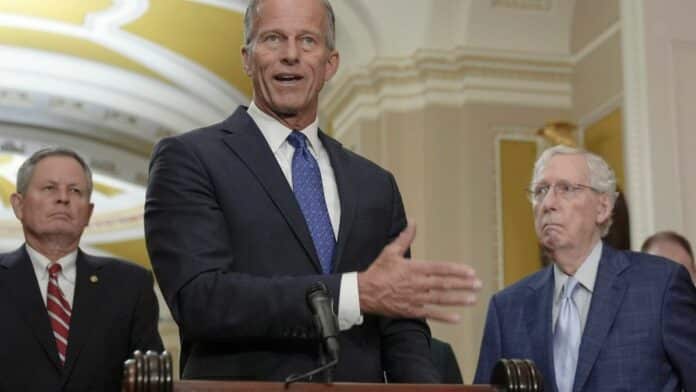Artificial intelligence startup Perplexity AI says it has been hit with a “bullying” legal threat from Amazon after Amazon demanded the startup stop allowing users of its browser “Comet” to make purchases on the Amazon platform via automated AI agents. Amazon claims the startup’s tool—designed to help users shop by using their own credentials—violates its rules and could jeopardize security and its ad‑driven revenue model.
According to Perplexity’s blog post, the AI browser feature lets users ask the Comet Assistant to “find items and make purchases” on Amazon. While users reportedly enjoy the experience, Amazon’s legal team sent a cease‑and‑desist letter accusing Perplexity of failing to disclose that its AI agents are performing actions on user accounts. Amazon alleges that the system “does not identify itself,” disguising Comet’s AI activity as human browsing and thereby breaching terms of service and computer‑fraud laws.
Amazon argues that third‑party shopping agents must act transparently and respect the platform’s decisions on whether to interact with them. The retailer contends that Comet’s automation may provide a degraded customer experience, lacking personalized recommendations, optimized delivery, or exposure to sponsored content which drive its ad business. Amazon has previously blocked other AI agents from its site and launched its own AI features, including “Buy For Me” and a shopping assistant named “Rufus,” signaling how seriously it takes its ecosystem.
In contrast, Perplexity claims Amazon is protecting its ad pipeline rather than customer convenience. The startup asserts user credentials are kept locally on the device and not processed by its servers. It frames the legal fight as a choice between user control and platform dominance: “Amazon wants to eliminate user rights so that it can sell more ads right now,” one post stated.
The case highlights a major turning point in how AI agents interact with e‑commerce platforms—and raises broader questions about agency, automation and user empowerment. As the dispute moves toward court, it could impact how digital marketplaces regulate AI tools, set disclosure requirements and protect consumer experience.











